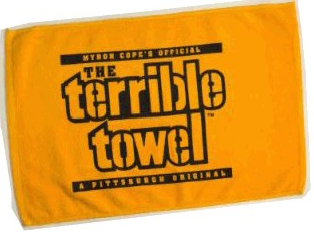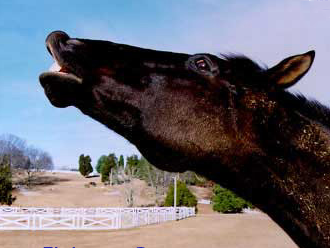I was completely immersed in bookland today.
First I went to the Thornton Barnes & Noble where author Joanne Kennedy was signing her books. I met Joanne on the first night of the Romance Writers of America national conference in Orlando in July. She lives in Cheyenne and writes fun, smart romances about women who have a thing for cowboys. Joanne has had three books published (COWBOY TROUBLE and ONE FINE COWBOY, and COWBOY FEVER will be out this April), and she has a contract for three more. She is my hero!
Plus I got to meet four other romance authors and they might actually get me to read an historical romance! The books I got: NOTHING BUT DECEPTION by Allegra Gray (isn’t that a great name?), ECHO OF LOVE by Mary Hagen, SEDUCING THE DUCHESS by Ashley March and HEALING THE HIGHLANDER by Melissa Mayhue.
Writing is something that, by and large, you must do alone. Yes there are collaborative efforts, but my joy comes from writing in the traditional sense, by myself. I love it when my characters go off on their own and I’m merely taking dictation. However, it’s nice to know there are folks out there who have gotten published, people who live right here in Denver, who I can talk to about the journey to the bookstore shelves and the listing on Amazon. What’s more, in my teeny exposure to the world of romance writers, I’ve found that they are incredibly nurturing, and today at B&N was no exception. Imagine an industry where competitors LIKE to help each other. That’s how it is. The authors I spoke to today were nothing but encouraging.
After the B&N signing, I attended my first-ever Rocky Mountain Fiction Writers meeting. The presentation was by Patricia Ross, Ph.D. of Hugo House, an indie publisher. She told us all about the “wild west” of publishing, covering various aspects of the (many) alternatives to traditional publishing houses.
In a word, it was depressing. I felt like I just watched SCHINDLER’S LIST, only instead of Nazis, it was about books. (That might be an exaggeration.) It seems I have decided to write books just as regular publishers are on the way out, and the only way to publish your book is to pay for it yourself and sell it out of the trunk of your car. Call me old-fashioned and stodgy—or, let’s face it, lazy (and my Bug has a tiny trunk)—but I want someone to pay ME for my stories. If I send my manuscripts out and no publishing house on the planet wants to take me on, I’ll reconsider. (Surely that won’t happen, right?) But for now, I’m staying in the right lane of the old, established publishing highway as opposed to the self-publishing/pay-on-demand/vanity press autobahn.
ON the other hand, I felt good because I already have a blog (and thanks for reading, by the by), a Facebook author page and a Twitter account (@coletteauclair). So at least there’s that. And there’s something to be said for having finished a manuscript and having it sitting on a literary agent’s desk even as I write this.
So. Quite a day. Seeing Joanne Kennedy was the best part, and not just because of the excellent chocolate-chip cookies. With luck, soon I’ll join her ranks as a published author.





